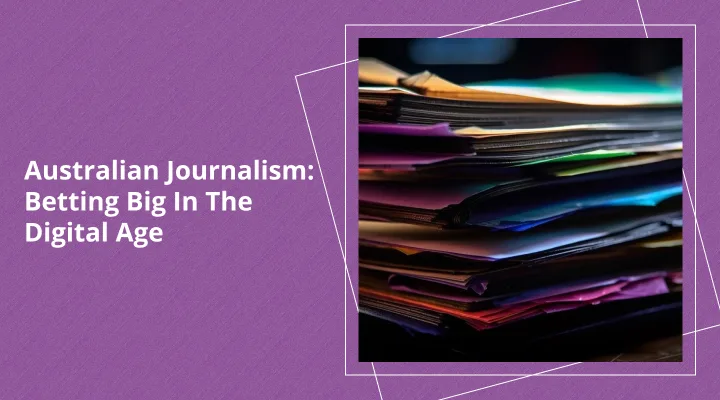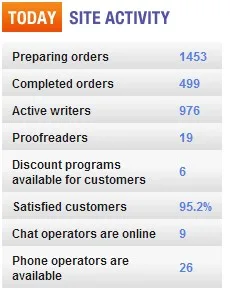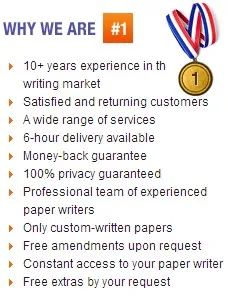Australian Journalism: Betting Big in the Digital Age

In the realm of the digital world, where there are no guarantees and everything is changing constantly, Australian journalism seems to be at a make-or-break moment, like an old hand in poker readying himself for a move with high stakes. The chips? The core meaning of news and information sharing. The game? Trying the digital transformation along with all its challenges and possibilities. This tale takes us through how Australian journalism has weathered the tides of change during the advent of the internet age, casting it as a strategic game of chance and skill.
The start of digital media is one strong move in this game and it changed the scene of Australian journalism in a profound manner. Classic print and broadcast media needed to rival with another continuous strength that moved into its market. This shift served as a perfect example of playing an unfamiliar game where rules were volatile, and the pace was constant. The age of digital information offered equalization but it also brought about a flood of opinions that obscured traditional media and made it more difficult for them to stay relevant while struggling to attract their audience at the same time.
With a larger number of readers and viewers going online, Australian news organizations had to make their bets—stay in the game or go home. In response, a significant number of them decided to put all their chips on the digital plate by launching their online newspaper versions as well as broadcast channels. It can be compared to moving your chips onto a table with higher returns, but greater risks. On one hand, the digital arena offered limitless reach and real-time publishing ability; on the other hand, it meant vying for attention spans that were becoming shorter and more fickle, where competitors are but a click away.
The counterfeit news and misinformation have posed the most significant challenge in this game. In the gambling industry, this could be a bluff; a move that is purposeful and false. People who are practicing in the field of journalism and those who are running new corporations must improve their skills on investigating information by double-checking its sources if they want to keep their reputation. However, in other cases where the integrity of Australian journalism is at stake, the challenge against misinformation should not be compromised as it has to serve truth higher.
The social media networks have created a variable in the equation making every individual who owns a smartphone a journalist. Citizen journalism has become an alternative power channel that brings out the real scoop and offers the views of ordinary people that might otherwise not be heard by the mainstream media. The growth of this is somewhat likened to unexpected sudden twists in poker, where an uncommon set changes dynamics. Australian journalists had to adjust by using social media as a reporting tool but also faced with its complications such as highly shared rumors or unverified material.
One of the most attractive perks of the digital age with regards to Australian journalism has been that it allows them to engage a worldwide audience. Thanks to this technological advancement, readers and viewers in other continents can now receive live updates about happenings in Australia, which will surely promote the country’s voice on an international platform. This is a tipping point moment for Australian journalism with the chance to shape conversations beyond its borders by communicating perspectives and stories that have universal appeal.
In the digital era, knowing when to hold them and fold them is essential in the journey of Australian journalism. The prospects are in finding a harmony between adopting technological changes and safeguarding the fundamentals: accuracy, integrity, and public duty. What awaits us is like a sophisticated and ever-changing game that keeps on being redesigned by the wonders of technology.










